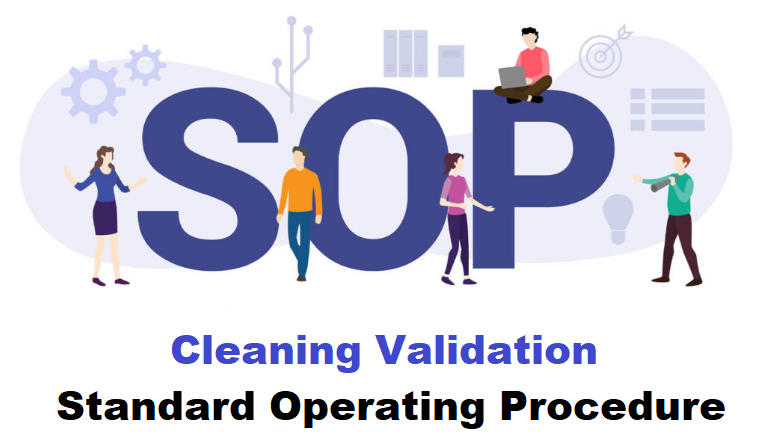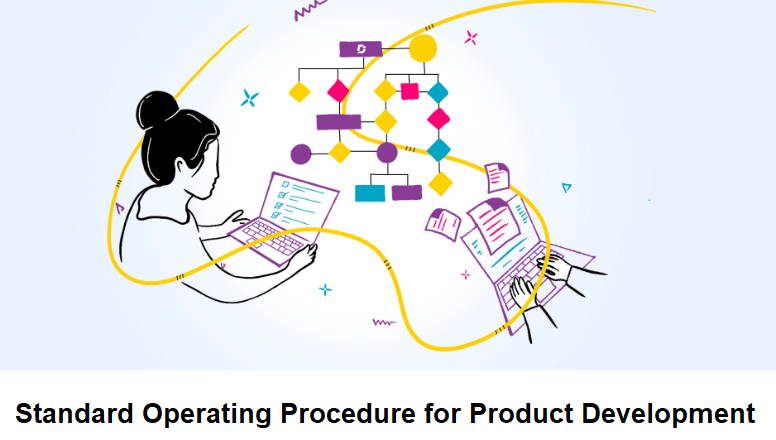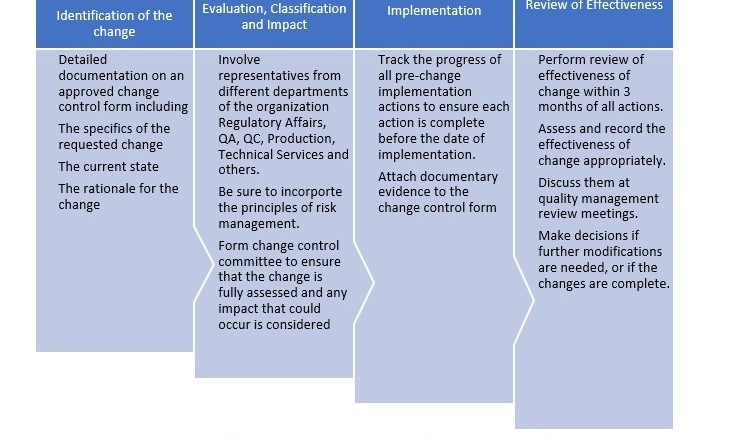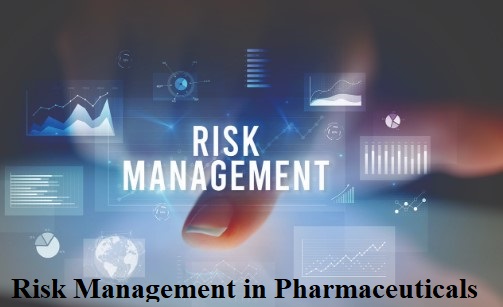
Equipment Operational Qualification (SOP)
Equipment Operational Qualification (SOP) is the process, which establishes through verification and documentation that the equipment is capable of operating within established limits and tolerances. This demonstration of basic performance must involve operational aspects of the equipment that will be routinely used in manufacturing.
OBECTIVE:
This guideline defines the minimum requirements for facility regarding the Equipment Operational Qualification (SOP) which must be performed following Installation Qualification (IQ) and prior to process, system qualification.
SCOPE:
All critical equipments will require successful completion of Operational Qualification (OQ).
For New Equipment:
OQ must be completed prior to manufacture of product for process validation.
For existing equi...










